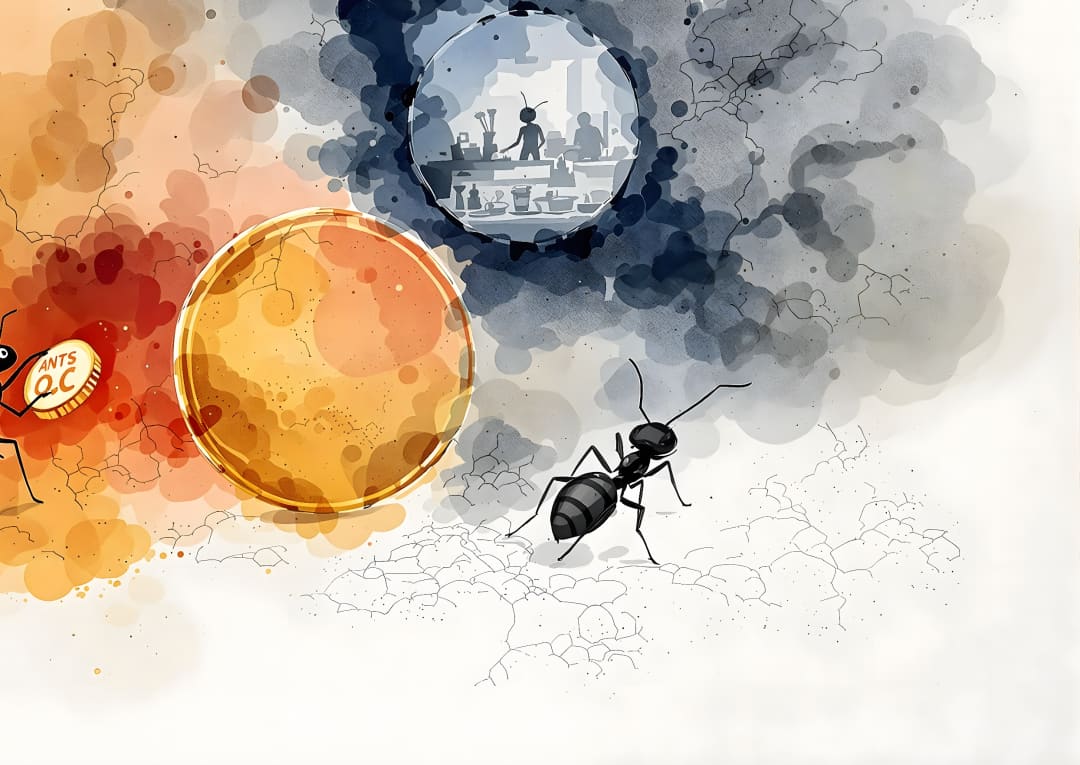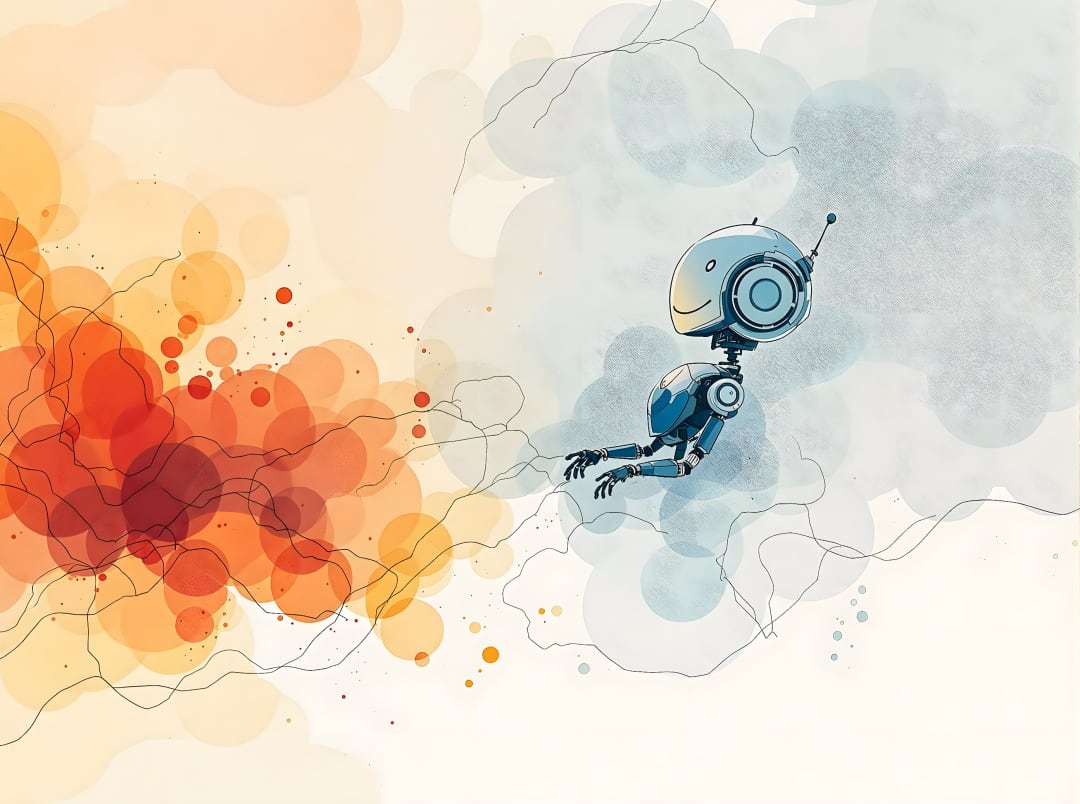The Best of LessWrong
For the years 2018, 2019 and 2020 we also published physical books with the results of our annual vote, which you can buy and learn more about here.
Rationality
























































































































































































































































Optimization
















































/h4ajljqfx5ytt6bca7tv)
/h4ajljqfx5ytt6bca7tv)
/h4ajljqfx5ytt6bca7tv)
/h4ajljqfx5ytt6bca7tv)




























































































































World




















































































































































































Practical




































































































































AI Strategy
















































































































































Technical AI Safety
























































%20and%20a%20black%20box%20which%20no%20one%20understands%20but%20works%20perfectly%20(representing%20search)/yf2xrrlv4rqga5h8lolh)
%20and%20a%20black%20box%20which%20no%20one%20understands%20but%20works%20perfectly%20(representing%20search)/yf2xrrlv4rqga5h8lolh)
%20and%20a%20black%20box%20which%20no%20one%20understands%20but%20works%20perfectly%20(representing%20search)/yf2xrrlv4rqga5h8lolh)
%20and%20a%20black%20box%20which%20no%20one%20understands%20but%20works%20perfectly%20(representing%20search)/yf2xrrlv4rqga5h8lolh)
































































































































































































































































































































































































































































































































































/h4ajljqfx5ytt6bca7tv)
/h4ajljqfx5ytt6bca7tv)
/h4ajljqfx5ytt6bca7tv)
/h4ajljqfx5ytt6bca7tv)




























































































































































































































































































































































































































































































































































































































































%20and%20a%20black%20box%20which%20no%20one%20understands%20but%20works%20perfectly%20(representing%20search)/yf2xrrlv4rqga5h8lolh)
%20and%20a%20black%20box%20which%20no%20one%20understands%20but%20works%20perfectly%20(representing%20search)/yf2xrrlv4rqga5h8lolh)
%20and%20a%20black%20box%20which%20no%20one%20understands%20but%20works%20perfectly%20(representing%20search)/yf2xrrlv4rqga5h8lolh)
%20and%20a%20black%20box%20which%20no%20one%20understands%20but%20works%20perfectly%20(representing%20search)/yf2xrrlv4rqga5h8lolh)
























































































































































































































































There are many things that people are socially punished for revealing, so they hide them, which means we systematically underestimate how common they are. And we tend to assume the most extreme versions of those things are representative, when in reality most cases are much less extreme.

The Secret of Our Success argues that cultural traditions have had a lot of time to evolve. So seemingly arbitrary cultural practices may actually encode important information, even if the practitioners can't tell you why.

Why do some societies exhibit more antisocial punishment than others? Martin explores both some literature on the subject, and his own experience living in a country where "punishment of cooperators" was fairly common.

If the thesis in Unlocking the Emotional Brain is even half-right, it may be one of the most important books that I have read. It claims to offer a neuroscience-grounded, comprehensive model of how effective therapy works. In so doing, it also happens to formulate its theory in terms of belief updating, helping explain how the brain models the world and what kinds of techniques allow us to actually change our minds.

When you encounter a study, always ask yourself how much you believe their results. In Bayesian terms, this means thinking about the correct amount for the study to update you away from your priors. For a noisy study, the answer may well be “pretty much not at all”

Money can buy a lot of things, but it can't buy expertise. In fields where performance is hard to judge, simply throwing money at the problem won't guarantee good results – it's too easy to be fooled. Even kings and governments can't necessarily buy their way to the best solutions.

Social reality and culture work a lot like improv comedy. We often don't know "who we are" or what's going on socially, but everyone unconsciously tries to establish expectations of one another. Understanding this dynamic can give you more freedom to change your role in social interactions.

In a universe with billions of variables which could plausibly influence an outcome, how do we actually do science? John gives a model for "gears-level science": look for mediation, hunt down sources of randomness, rule out the influence of all the other variables in the universe.

Scott reviews a paper by Bloom, Jones, Reenen & Webb which argues that scientific progress is slowing down, as measured by outputs per researcher. Scott argues that this is actually the expected result - constant progress in response to exponentially increasing inputs should be our null hypothesis, based on historical trends.

Steve Byrnes lays out his 7 guiding principles for understanding how the brain works computationally. He argues the neocortex uses a single general learning algorithm that starts as a blank slate, while the subcortex contains hard-coded instincts and steers the neocortex toward biologically adaptive behaviors.

Aging, which kills 100,000 people per day, may be solvable. Here's a summary of the most promising anti-aging research, including parabiosis, metabolic manipulation, senolytics, and cellular reprogramming.

The structure of things-humans-want does not always match the structure of the real world, or the structure of how-other-humans-see-the-world. When structures don't match, someone or something needs to serve as an interface, translating between the two. Interfaces between complex systems and human desires are often a scarce resource.

Trees are not a biologically consistent category. They're just something that keeps happening in lots of different groups of plants. This is a fun fact, but it's also an interesting demonstration of how our useful everyday categories often don't map well to the underlying structure of reality.

Frustrated by claims that "enlightenment" and similar meditative/introspective practices can't be explained and that you only understand if you experience them, Kaj set out to write his own detailed gears-level, non-mysterious, non-"woo" explanation of how meditation, etc., work in the same way you might explain the operation of an internal combustion engine.

There are at least three ways in which incentives affect behaviour: Consciously motivating agents, unconsciously reinforcing certain behaviors, and selection effects.
Jacob argues that #2 and probably #3 are more important, but much less talked about.

Two astronauts investigate an automated planet covered in factories still churning out products, trying to understand what happened to its inhabitants.

In the course of researching optimization, Alex decided that he had to really understand what entropy is. But he found the existing resources (wikipedia, etc) so poor that it seemed important to write a better one. Other resources were only concerned about the application of the concept in their particular sub-domain. Here, Alex aims to synthesizing the abstract concept of entropy, to show what's so deep and fundamental about it.

Malmesbury explains why sexual dimorphism evolved. Starting with asexual reproduction in single-celled organisms, he traces how the need to avoid genetic hitch-hiking led to sexual reproduction, then the evolution of two distinct sexes, and finally to sexual selection and exaggerated sexual traits. The process was driven by a series of evolutionary traps that were difficult to escape once entered.

Here’s a pattern I’d like to be able to talk about. It might be known under a certain name somewhere, but if it is, I don’t know it. I call it a Spaghetti Tower. It shows up in large complex systems that are built haphazardly.

On the 3rd of October 2351 a machine flared to life. Huge energies coursed into it via cables, only to leave moments later as heat dumped unwanted into its radiators. With an enormous puff the machine unleashed sixty years of human metabolic entropy into superheated steam.
In the heart of the machine was Jane, a person of the early 21st century.

People who helped Jews during WWII are intriguing. They appear to be some kind of moral supermen. They had almost nothing to gain and everything to lose. How did they differ from the general population? Can we do anything to get more of such people today?

The neocortex has been hypothesized to be uniformly composed of general-purpose data-processing modules. What does the currently available evidence suggest about this hypothesis? Alex Zhu explores various pieces of evidence, including deep learning neural networks and predictive coding theories of brain function. [tweet]

When advisors disagree wildly about when the rains will come, the king tries to average their predictions. His advisors explain why this is a terrible idea – he needs to either decide which model is right or plan for both possibilities.

A tradition of knowledge is a body of knowledge that has been consecutively and successfully worked on by multiple generations of scholars or practitioners. This post explores the difference between living traditions (with all the necessary pieces to preserve and build knowledge), and dead traditions (where crucial context has been lost).

In 1936, four men attempted to climb the Eigerwand, the north face of the Eiger mountain. Their harrowing story ended in tragedy, with only one survivor dangling from a rope just meters away from rescue before succumbing. Gene Smith reflects on what drives people to take such extreme risks for seemingly little practical benefit.

What causes some people to develop extensive frameworks of ideas rather than remain primarily consumers of ideas? There is something incomplete about my model of people doing this vs not doing this. I expect more people to have more ideas than they do.
A question post, which received many thoughtful answers.

Innovative work requires solitude, and the ability to resist social pressures. Henrik examines how Grothendieck and Bergman approached this, and lists various techniques creative people use to access and maintain this mental state.

One of the biggest intuitive mysteries to me is how humanity took so long to do anything. Humans have been 'behaviorally modern' for about 50 thousand years. And apparently didn't invent, for instance, rope until 28 thousand years ago. Why did everything take so long?

In the 2012 LessWrong survey, it turned out LessWrongers were 22% more likely than expected to be a first-born child. Later, a MIRI researcher wondered off-handedly if great mathematicians (who plausibly share some important features with LessWrongers), also exhibit this same trend towards being first born.
The short answer: Yes, they do, as near as I can tell, but not as strongly as LessWrongers.

The Swiss political system is known for its extensive use of direct democracy. This post dives deep into how that system works, exploring the different types of referenda, their history, impacts, and quirks. It's a detailed look at a unique political system that has managed to largely avoid polarization.

Analyzing Nobel Laureates in Physics, there's a statistically significant birth order effect: they're 10 percentage points more likely to be firstborn than chance would predict. This effect is smaller than seen in the rationalist community (22 points) or historical mathematicians (16.7 points), but still interesting.

Most problems can be separated cleanly into two categories: things we basically understand, and things we basically don't understand. John Wentworth argues it's possible to specialize in the latter category in a way that generalizes across fields, and suggests ways to develop those skills.

John examines the problem of "how to transport things?" through the lens of "what's the taut constraint on the system?" He asks questions across history, from "how could Alexander the Great's army cross 150 miles of desert?", to how modern supply chains work, to what would happen in a future world with teleportation.

The LessWrong post "Theses on Sleep" gained a lot of popularity and acclaim, despite largely consisting of what seemed to Natalia like weak arguments and misleading claims.This critical review lists several of the mistakes Natalia argues were made, and reports some of what the academic literature on sleep seems to show.

Zvi analyzes Michael Lewis' book "Going Infinite" about Sam Bankman-Fried and FTX. He argues the book provides clear evidence of SBF's fraudulent behavior, despite Lewis seeming not to fully realize it. Zvi sees SBF as a cautionary tale about the dangers of pursuing maximalist goals without ethical grounding.

A tour de force, this posts combines a review of Unlocking The Emotional Brain, Kaj Sotala's review of the book, and connections to predictive coding theory.
It's a deep dive into models of how human cognition is driven by emotional learning, and this learning is what drives many beliefs and behaviors. If that's the case, on big question is how people emotionally learn and unlearn things.

Debates about consciousness often come down to two people talking past each other, without realizing their interlocutor is coming from a fundamentally different set of intuitions. What's up with that?

Elizabeth summarizes the literature on distributed teams. She provides recommendations for when remote teams are preferable, and gives tips to mitigate the costs of distribution, such as site visits, over-communication, and hiring people suited to remote work.

Divination seems obviously worthless to most modern educated people. But Xunzi, an ancient Chinese philosopher, argued there was value in practices like divination beyond just predicting the future. This post explores how randomized access to different perspectives or principles could be useful for decision-making and self-reflection, even if you don't believe in supernatural forces.

Evolution doesn't optimize for biological systems to be understandable. But, because only a small subset of possible biological designs can robustly certain common goals (i.e. robust recognition of molecules, robust signal-passing, robust fold-change detection, etc) the requirement to work robustly limits evolution to use a handful of understandable structures.

Kaj Sotala gives a step-by-step rationalist argument for why Internal Family Systems therapy might work. He begins by talking about how you might build an AI, only to stumble into the same failure modes that IFS purports to treat. Then, explores how IFS might actually be solving these problems.

Fun fact: biological systems are highly modular, at multiple different scales. This can be quantified and verified statistically. On the other hand, systems designed by genetic algorithms (aka simulated evolution) are decidedly not modular. They're a mess. This can also be verified statistically (as well as just by qualitatively eyeballing them)
What's up with that?

While the scientific method developed in pieces over many centuries and places, Joseph Ben-David argues that in 17th century Europe there was a rapid accumulation of knowledge, restricted to a small area for about 200 years. Ruby explores whether this is true and why it might be, aiming to understand "what causes intellectual progress, generally?"
